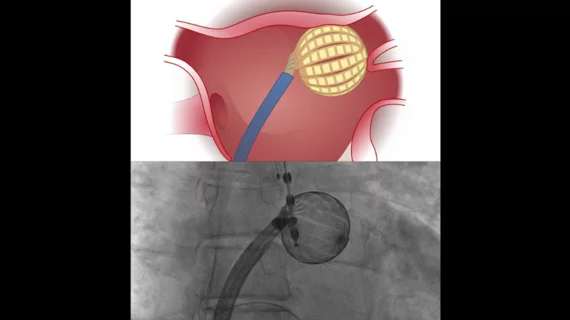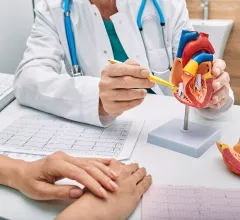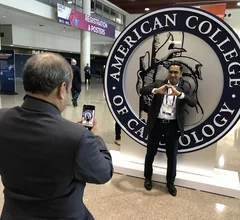American College of Cardiology (ACC)
The American College of Cardiology (ACC) is the primary U.S. medical society representing the interests of all cardiology subspecialities. The ACC is very active in setting guidelines for cardiac care, lobbying for supportive government policy and reimbursements, clinician education, managing several key cardiovascular registries and advocating for the transformation of cardiovascular care to improve heart health.
Displaying 225 - 232 of 420

![The use of intravascular lithotripsy (IVL) during percutaneous coronary intervention (PCI) is still safe and effective when patients present with calcified nodules (CNs), according to new long-term data published in EuroIntervention.[1] Researchers compared outcomes from patients with and without CNs, highlighting key similarities in stent expansion and luminal gain.](/sites/default/files/styles/top_stories/public/2024-12/screenshot_2024-12-02_at_11.07.21_am.png.webp?itok=YDi6SyF_)











